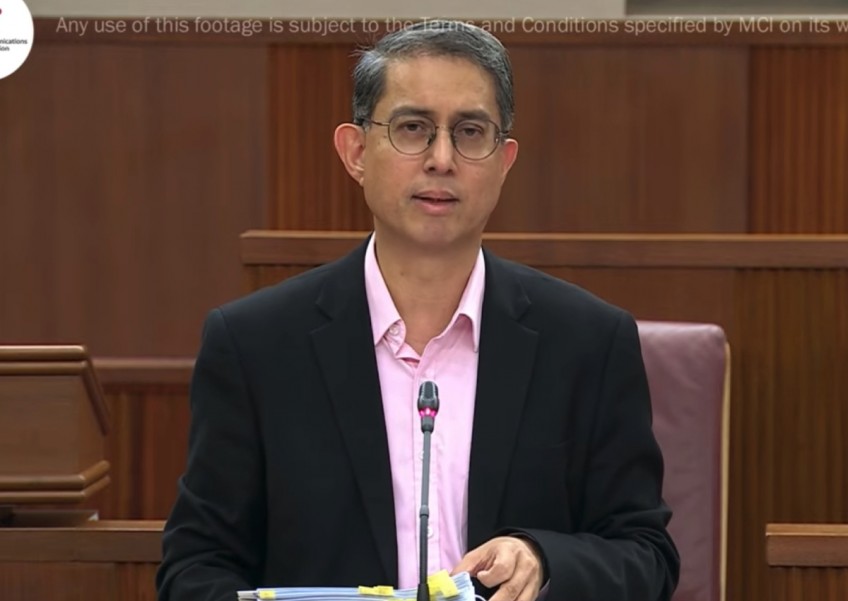Law that allows detention without trial still necessary to fight gangs, organised crime: MHA


 PUBLISHED ONApril 03, 2024 10:56 AMByClaudia Tan
PUBLISHED ONApril 03, 2024 10:56 AMByClaudia TanArmed with deadly weapons and out to seek revenge, 10 gang members arrived at a rival gang member's flat.
When they could not find him at home, the gang attacked his parents instead, which resulted in them suffering fractures.
Seven of the gang members were eventually dealt with under the Criminal Law (Temporary Provisions) Act (CLTPA), which allows the Minister for Home Affairs to detain or place someone under police supervision for security reasons.
Cases like these illustrate why the Act is still necessary, said Minister of State for the Ministry of Home Affairs Muhammad Faishal Ibrahim in Parliament on Wednesday (April 3), where the law was renewed for the 15th time for another five years.
At first instance, individuals issued a detention order can be detained for up to 12 months, while those given a police supervision order are subjected to police supervision for up to three years.
The Act is also invoked where prosecution is not possible, "because witnesses are unwilling to testify in court for fear of reprisal", said Faishal.
From Oct 21, 2019 to Dec 31, 2023, 123 individuals were dealt with under the Act, he added. This comprised of 86 detention orders and 37 police supervision orders.
Although the number of detention and supervision orders issued under the Act has declined, the figure remains "significant", rendering it still necessary and relevant to deal with secret societies and other criminal activities such unlicensed moneylending, Faishal told the House.
He added that the Act had also been used to detain leaders and financiers of an unlicensed moneylending syndicate which was linked to more than 1,800 cases of harassment of debtors.
"In Singapore, there are still active secret societies, although not in the numbers and scale in some other countries," he said.
"Nevertheless, they are still a menace to law and order, public safety and security. They recruit young Singaporeans, and engage in illicit activities and violent conduct. That is why we must continue to clamp down on them."
To ensure that these powers are exercised "carefully and sparingly", certain safeguards have been put in place.
Firstly, the home affairs minister must obtain permission from the public prosecutor before giving a detention or supervision order.
An independent advisory committee, chaired by a sitting Supreme Court judge, must also review every order.
Another advisory committee will also review every detainee's case at least once a year and make a recommendation to the President on the person's suitability for release.
Finally, a third advisory committee will review detention cases that are considered for extension beyond 10 years.
Detainees are informed of the grounds for their detention and are allowed legal counsel.
The committee's recommendations will then be submitted to the President, who can confirm, vary, or cancel the order on the Cabinet's advice.
claudiatan@asiaone.com